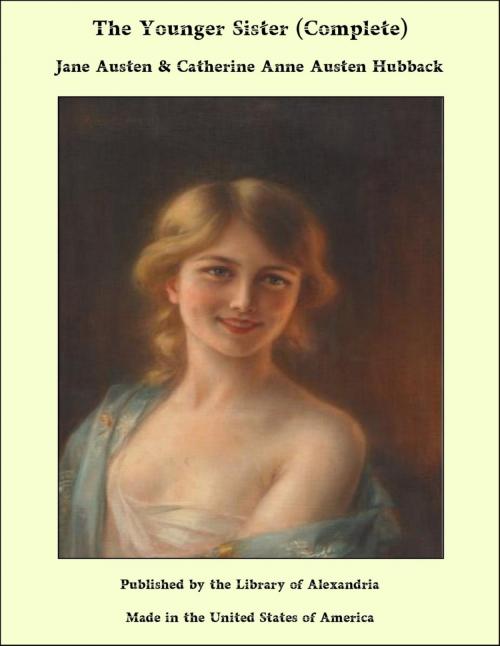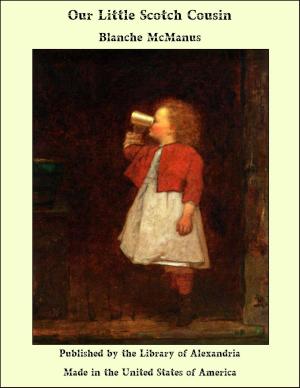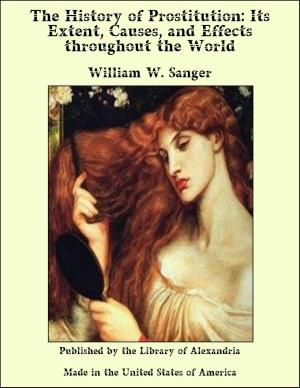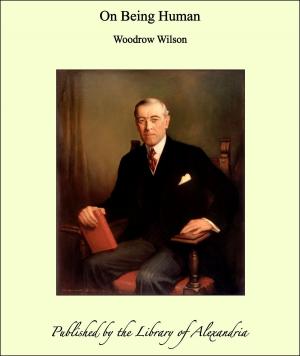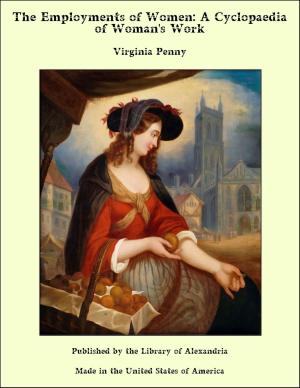The Younger Sister (Complete)
Nonfiction, Religion & Spirituality, New Age, History, Fiction & Literature| Author: | Jane Austen & Catherine Anne Austen Hubback | ISBN: | 9781465613776 |
| Publisher: | Library of Alexandria | Publication: | March 8, 2015 |
| Imprint: | Language: | English |
| Author: | Jane Austen & Catherine Anne Austen Hubback |
| ISBN: | 9781465613776 |
| Publisher: | Library of Alexandria |
| Publication: | March 8, 2015 |
| Imprint: | |
| Language: | English |
The Reverend John Watson, who, for the space of twenty years, was the incumbent of the village of Winston, had not always been such an indolent invalid as he appeared to those who only knew him during the last ten years of that time. When he was inducted into the living, he was a husband and the father of five children; a sixth was very shortly added to their nursery; and, for several years after her birth, Mrs. Watson's activity, good judgment, and influence with her husband, preserved, for him, the esteem and respect of his parishioners, and the character amongst his acquaintance, of a very kind and attentive neighbour, and a most highly respectable parish priest. But, with her life, his energy seemed to depart; he became indolent from sorrow; shunning society—shrinking from exertion—and confining himself to what was absolutely unavoidable of his duties. This line of conduct, begun from grief, which seemed to prostrate his mental strength, was continued from self-indulgence, long after the poignancy of the grief was worn away, and it ended in really entailing the ill-health—from which, he had, for sometime, pleased himself with fancying that he suffered. Frequent attacks of the gout, disabled him from much exertion, and often confined him to his room for weeks together. In the meantime, his family grew up with almost every disadvantage that could attend them. Motherless, and unchecked by their father, his girls—at least, the three eldest—were left entirely to their own guidance and discretion, or indiscretion, to speak with more propriety; and the sons were early sent out, to fight their own way in the world, without the softening influence of domestic ties, or the memory of a happy home to warm their hearts and strengthen their principles.
The Reverend John Watson, who, for the space of twenty years, was the incumbent of the village of Winston, had not always been such an indolent invalid as he appeared to those who only knew him during the last ten years of that time. When he was inducted into the living, he was a husband and the father of five children; a sixth was very shortly added to their nursery; and, for several years after her birth, Mrs. Watson's activity, good judgment, and influence with her husband, preserved, for him, the esteem and respect of his parishioners, and the character amongst his acquaintance, of a very kind and attentive neighbour, and a most highly respectable parish priest. But, with her life, his energy seemed to depart; he became indolent from sorrow; shunning society—shrinking from exertion—and confining himself to what was absolutely unavoidable of his duties. This line of conduct, begun from grief, which seemed to prostrate his mental strength, was continued from self-indulgence, long after the poignancy of the grief was worn away, and it ended in really entailing the ill-health—from which, he had, for sometime, pleased himself with fancying that he suffered. Frequent attacks of the gout, disabled him from much exertion, and often confined him to his room for weeks together. In the meantime, his family grew up with almost every disadvantage that could attend them. Motherless, and unchecked by their father, his girls—at least, the three eldest—were left entirely to their own guidance and discretion, or indiscretion, to speak with more propriety; and the sons were early sent out, to fight their own way in the world, without the softening influence of domestic ties, or the memory of a happy home to warm their hearts and strengthen their principles.
